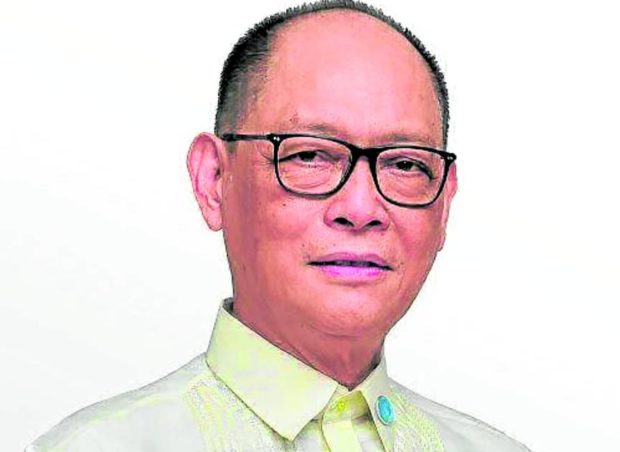The incoming Marcos Jr. administration’s chief economic manager will lead the crafting of the Philippines’ first-of-its-kind, six-year fiscal plan, which is aimed at bringing the Philippines back to the prepandemic budget deficit level by 2028.
In an interview, Bangko Sentral ng Pilipinas (BSP) Governor Benjamin Diokno, who will serve as Finance chief in the next administration taking over in July, said President-elect Ferdinand Marcos Jr. during last week’s meeting with his economic team green-lit his proposal to come out with a blueprint in line with fiscal consolidation. Diokno said he committed to submit his proposed plan to incoming President Marcos Jr. within two weeks. They wanted to include this medium-term fiscal plan in the new president’s State of the Nation Address when the 19th Congress starts session in July.
The covered period will be longer than the usual three-year projections currently being undertaken by the Development Budget Coordination Committee (DBCC) and comparable to how other developed economies like Australia do their longer-term planning.
Diokno said the Philippines’ own plan—a formal and binding document to be jointly crafted by the economic agencies under the DBCC—will contain the 2023-2028 macroeconomic and fiscal assumptions as well as targets.
Congress approval
This plan will be pitched for confirmation of the two chambers of Congress through a resolution to be ultimately approved by the President, Diokno explained.
With both houses of the legislative branch populated by political allies of Marcos, Diokno expects his medium-term fiscal plan proposal to get the immediate nod of legislators.
“The budget resolution is our plan—this is where we’re going,” Diokno said, adding that this would make the next administration’s own fiscal consolidation strategy transparent to the public.
The incoming Marcos Jr. administration will inherit from the outgoing Duterte-led government a wider budget deficit and ballooning debts wrought by higher spending and borrowings, respectively, amid the protracted fight against COVID-19.
The Duterte administration last month pitched a fiscal consolidation and resource mobilization plan—higher or new taxes slapped on consumption plus a three-year deferral of scheduled personal income tax cuts, while slashing public spending on nonpriority budget items.
But Diokno had not been keen on increasing taxes at the start of the new administration. He instead wants to look for ways to further shore up revenue collections while leveraging on the tax reform gains started by President Duterte. INQ


